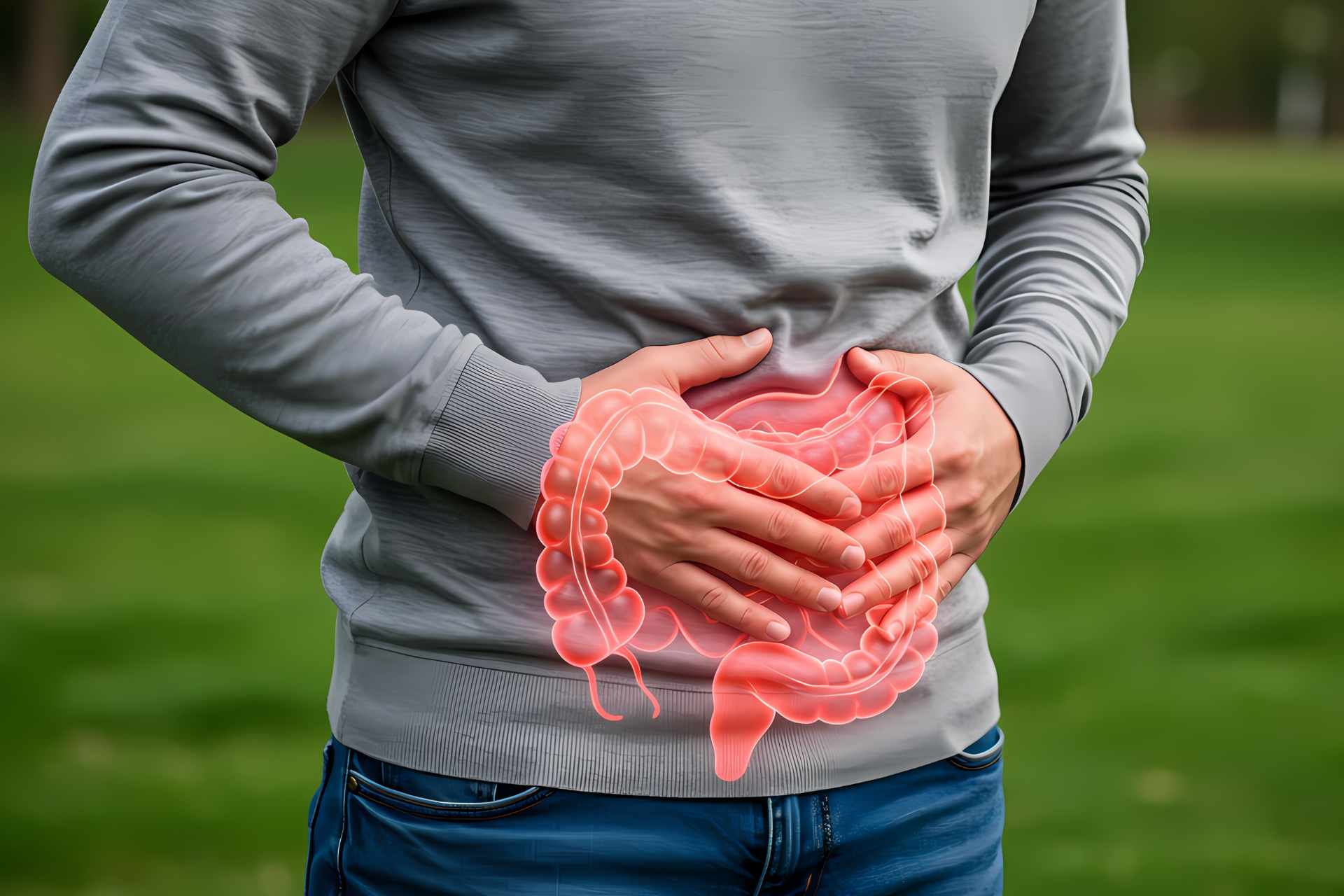Inflammatory bowel disease, which includes Crohn’s disease and ulcerative colitis, is linked to gut microbiota imbalances and genetics. Now, researchers have found that a gene called OTUD3 protects the gut from inflammation by preventing excessive activation of a specific immune pathway.
The findings, published in Science Immunology, offer insights into the disease mechanisms of ulcerative colitis and may pave the way to new therapies.
The OTUD3 gene, which is associated with high risk for ulcerative colitis, is known to help regulate the STING immune pathway, which protects against infection but can cause harmful gut inflammation when overactivated. However, the interplay between gut bacteria and genetic factors in inflammatory bowel disease remains unclear.
Researchers led by Bo Li at the University of Osaka in Japan set out to investigate how genetic variants in the OTUD3 gene contribute to gut inflammation in ulcerative colitis.
Overactive pathway
Bacteria in the gut typically produce a molecule that can activate the STING pathway, triggering the production of inflammatory signals. However, OTUD3 keeps this pathway in check.
Compared to normal mice, animals lacking OTUD3 developed much worse symptoms of colitis, including more weight loss, bleeding, and colon damage. These effects were especially severe when OTUD3 was missing from a type of support cell called intestinal fibroblasts.
In the absence of OTUD3, a subset of these fibroblasts became more active and produced high levels of inflammatory molecules linked to the STING pathway. Blocking STING in these mice reduced inflammation, suggesting that OTUD3 protects the gut by suppressing the cells’ response to microbial signals.
Therapeutic targets
In mice, a specific genetic variant in the OTUD3 gene prevents OTUD3 from turning off the STING pathway, leading to inflammation in the gut, the researchers found. Animals with this mutation developed worse colitis, but symptoms improved when the STING pathway was chemically blocked.
Another genetic variant reduced OTUD3 expression in intestinal fibroblasts, resulting in increased STING activity and inflammation when the cells were exposed to microbial signals. Both variants have been associated with a higher risk of ulcerative colitis in people.
The findings suggest that OTUD3 contributes to disease by allowing intestinal fibroblasts to overreact to gut bacteria, promoting chronic inflammation, the researchers say. “Further elucidation of the genetic variant-microbial factor associations modulating intestinal physiology and pathophysiology could yield potential therapeutic targets and putative diagnostic biomarkers for [inflammatory bowel disease].”









